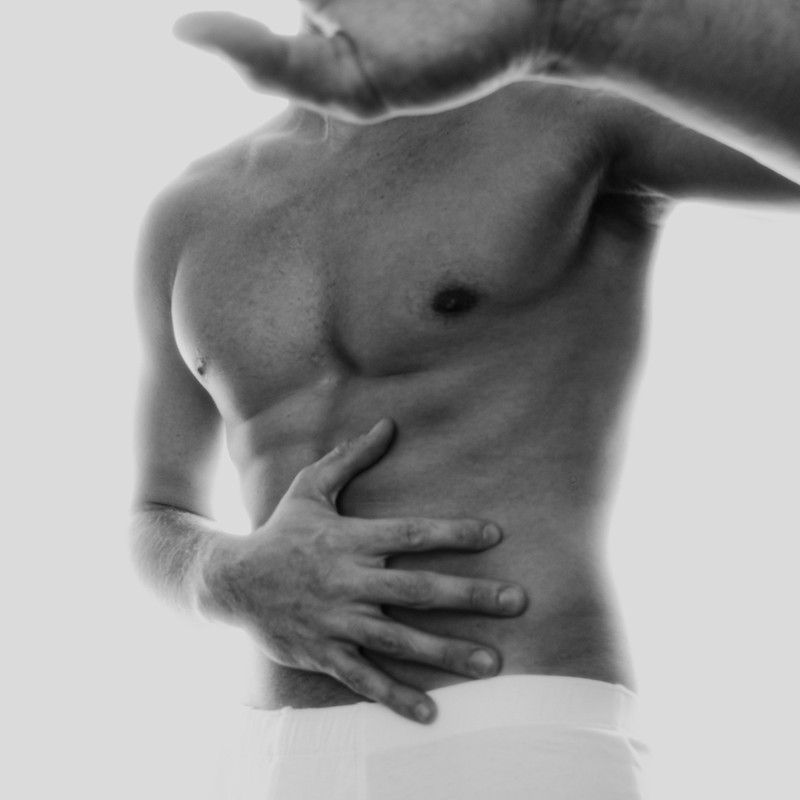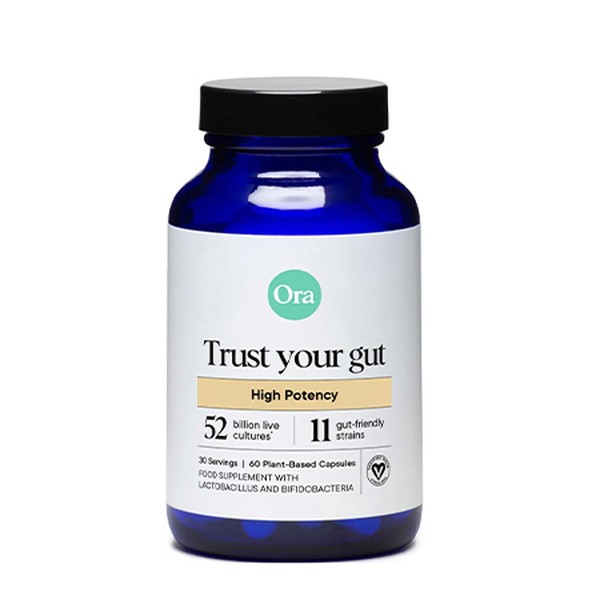A Guy’s Guide To Looking After Your Gut
It All Starts With A Healthy Gut
“You’ve probably noticed the term ‘gut health’ popping up more and more in the last few years, and with good reason. The gut is a fascinating area of research, and as science evolves, it has shown the gut is far more important and more involved in the health of our whole body than previously realised. Our gut is the gateway to every other part of the body. Looking after your gut can help with weight management and better mental health as well as reducing the risk of illness, including heart disease and diabetes. The gut absorbs everything you eat, produces 95% of your serotonin (the happy hormone) and houses 70-80% of your immune cells. If your gut isn’t happy, your mind and body won’t be either.” – Sophie Medlin, founder of City Dietitians
It Comes Down To A Healthy Microbiome
“The big breakthrough discovery of recent years has been the gut microbiome, which is a universe inside our bodies. The microbiome is a complex ecosystem of trillions of bacteria, viruses, fungi and parasites that live inside the digestive tract – it’s also referred to as your ‘friendly bacteria’. We now know that these bacteria – which weigh more than the brain – impact virtually every organ and function of the body. Each of us has a completely different mix of these microbes – think of it as your unique gut fingerprint. There’s a strong association between reduced diversity of the gut microbiome and disease, which suggests a species-rich gut ecosystem is more robust. A lot of gut health comes down to microbial diversity – the more diverse your bacteria, the better.” – Kim Plaza, technical advisor at Bio-Kult
Modern Life Is Taking Its Toll
“Sleep, our environment, lifestyle and stress levels all affect the gut biome. Diet, of course, plays a central role, but lifestyle factors aren’t to be underestimated. Stress is a top offender, followed closely by antibiotic use, alcohol and products that claim to ‘cleanse’ or ‘detox’ the body – never be lured by these. Stress speeds up digestion and changes the pH in your bowel, making it a less favourable environment for your good bacteria (also known as probiotics). Over a prolonged period, stress can lead to gut bacteria that are primed for inflammation. Working on stress management is key to good gut health.” – Sophie
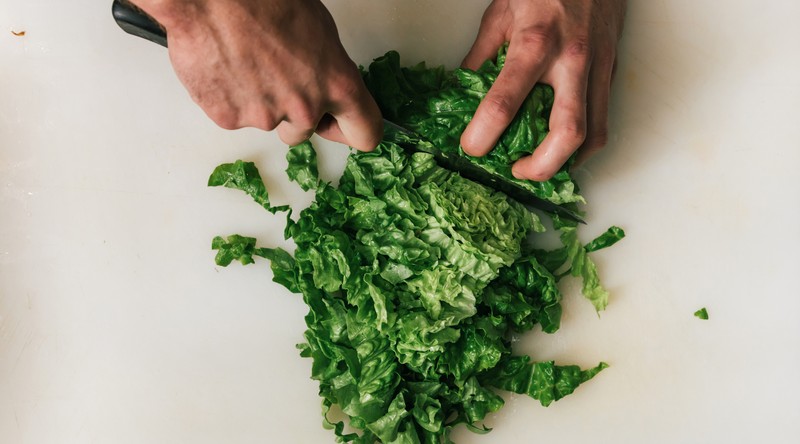
You Are What You Digest
“The gut and the trillions of bacteria it houses are critical for digestion. Ensuring our body can absorb the essential nutrients from our food is vital for every aspect of our health. If you don’t digest your food properly, it can cause problems with mental health, libido, mood, immunity and energy levels. Most guys don’t realise a healthy gut can boost attention span, productivity and sleep, not just help with regular and improved digestion. When it comes to digestion, the best thing you can do is help the digestive process, which starts long before you’ve eaten. When you think about food, look at food or smell something cooking, this helps secrete digestive enzymes from the stomach, which kickstart digestion. If you’re distracted when you eat, you risk missing this important stage of digestion” – Dr Sunni Patel, nutrition specialist
It’s Not All About Protein
“One of the most common mistakes guys make when it comes to gut health is overdoing protein at the expense of fresh, colourful fruits and vegetables. Although protein is a key nutritional component, you also need wholegrain carbs, healthy fats and a number of different micronutrients for a healthy gut. And while meal prepping and batch cooking is great, it does mean you’re eating the same meals – and therefore the same nutrients – for days on end. Remember, a healthy gut is all about diversity. By adding variety and different ingredients to your core recipes you’ll add fibre and a range of plant nutrients to feed your gut.” – Sunni
The Signs May Not Be Obvious
“There may be clear signs your gut could do with a little TLC. Bloating, flatulence, diarrhoea and constipation are relatively common complaints that could be improved with the help of diet and lifestyle changes. Some of the lesser-known signs that could be ameliorated by gut support include lethargy, skin complaints, brain fog, food intolerances, frequent coughs and colds, hayfever symptoms and headaches.” – Kim
Patience Is Key
“Remember, Rome wasn’t built in a day, and the same goes for your gut. Early studies have shown that making changes to the diet can change the microbiome in as little as four to seven days. However, given there are 100 trillion bacteria in the gut, consistency is key for long-term results. By adopting a balanced diet and exercising, resting and reducing stress, you will impact your gut within a week. Within 28 days, the effects will be significant, with the most marked improvements seen at the three-month mark.” – Sunni
Here, The Experts Share Their Top Tips For Getting Your Gut Bacteria In Better Shape…
Start With A Probiotic: “There are dozens of different strains of probiotics, but some – such as saccharomyces boulardii – can help heal the gut. This species has been shown to be effective in eradicating potential pathogenic and unhelpful microbes. If you’re having problems with your gut health, start with this.” – Kim
Eat The Rainbow: “Aim to eat 30 different plant foods each week – including fruits, vegetables, nuts, pulses, legumes, fresh herbs and spices. Eating at least 30 plant foods each week has been shown to have a positive effect on the gut microbiome. Adding brightly coloured fruits and vegetables to your diet will increase your intake of antioxidants, which have been shown to be beneficial for the gut.” – Sunni
Reduce Processed Foods: “Added sugars, trans fats, emulsifiers, additives and preservatives, along with lower-quality ingredients can have a negative impact on the gut. Cut back where you can.” – Sunni
Try Unfamiliar Foods: “A happy gut is all about diversity. Try choosing one new fruit or veg each week that you don’t usually eat. Unfamiliar grains, pulses and rice are also great – microwavable grains are a good place to start.” – Sophie
Learn To Manage Stress: “There’s a direct link between your brain and your gut. Being stressed can profoundly affect gut health. Find what works for you – it could be walking, swimming, reading, guided meditation or yoga. We’re all different.” – Sophie
Incorporate Fermented Foods: “Kimchi, sauerkraut, tempeh, tofu, live yoghurt and miso are all rich in probiotics. Fermented foods provide the gut with beneficial bacteria known to improve digestion and nutrient absorption.” – Kim
Load Up On Polyphenols: “Polyphenols are organic compounds found primarily in plants that have been linked to better gut health. They are known for their antioxidant and anti-inflammatory properties. Herbs and spices, dark chocolate, berries, flaxseeds, olive oil, wholegrains and coffee are all great sources.” – Kim
Stick To A Routine: “Timing meals and snacks effectively will support regular digestion. Heartburn, indigestion, constipation and bloating are signs your eating pattern is out of kilter. Stick to regular mealtimes and prioritise good-quality protein and fats earlier in the day. Consuming heavy meals later in the day can be taxing on the gut.” – Kim
Work On Your Sleep: “The relationship between the gut microbiome and sleep seems to be bidirectional, with the microbiome affecting sleep, but also, sleep deprivation shown to alter the microbiome. Go to bed and wake at similar times every day (even at weekends) and avoid bright screens in the evening.” – Kim
Shop These Expert Approved Products...
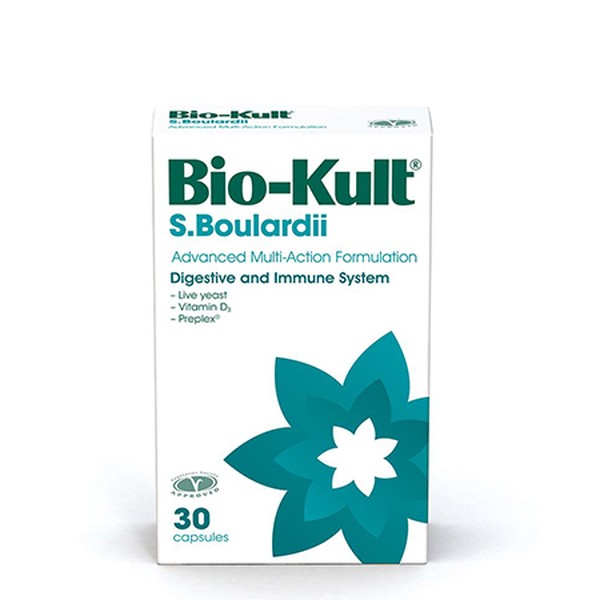
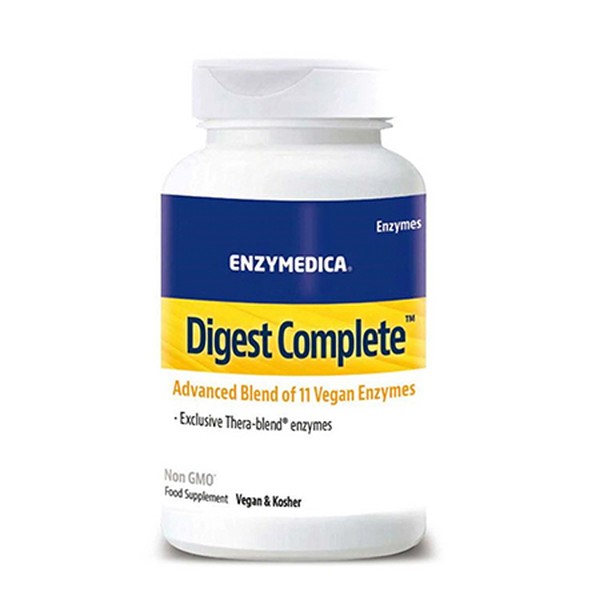
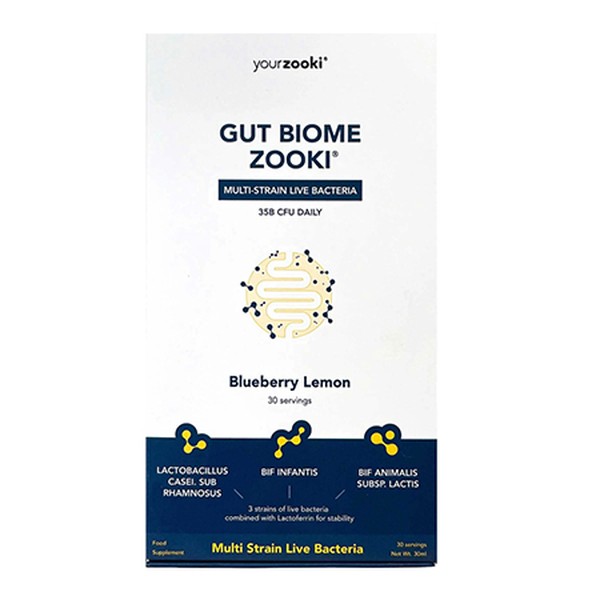
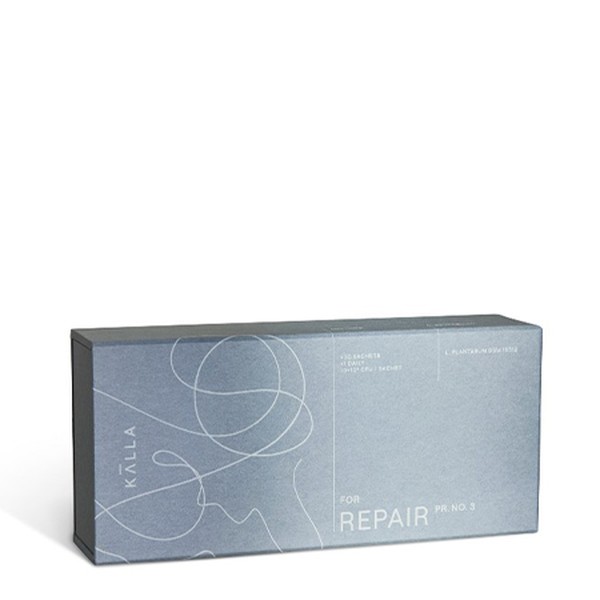
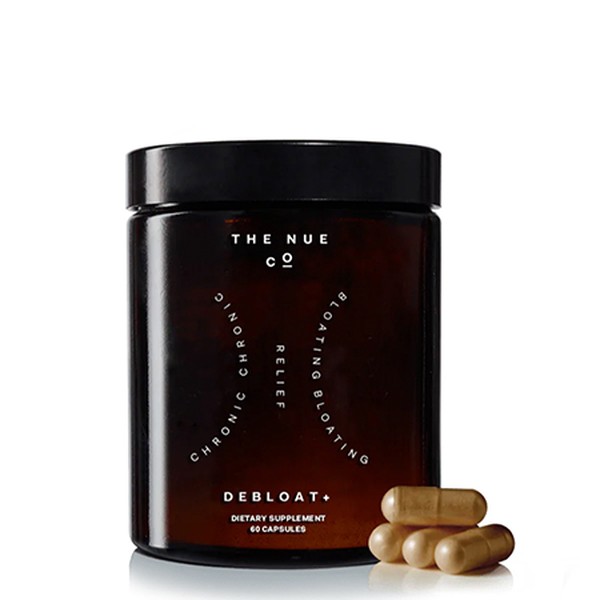
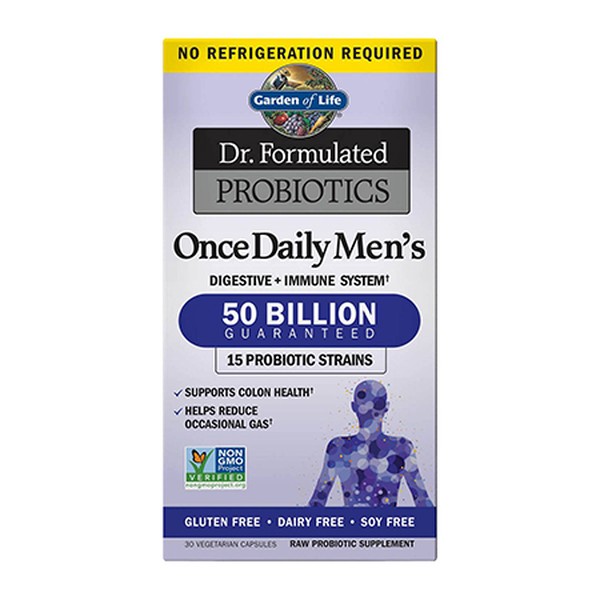
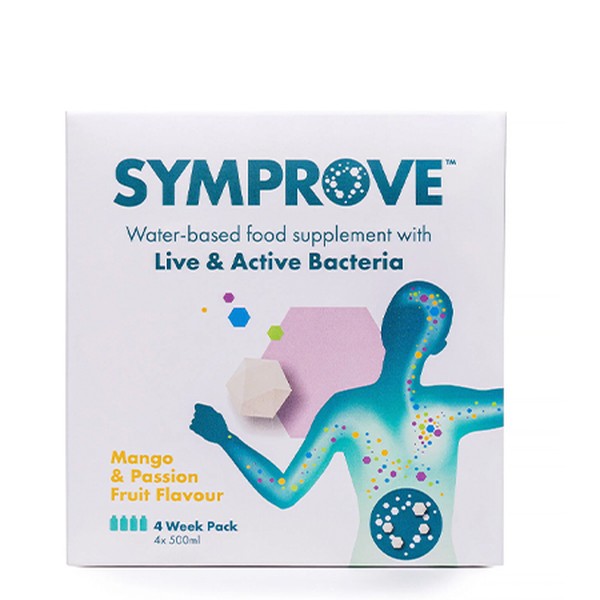
For more information visit DishDashDeets.com, Bio-Kult.com & CityDietitians.co.uk
DISCLAIMER: Features published by SLMan are not intended to treat, diagnose, cure or prevent any disease. Always seek the advice of your GP or another qualified healthcare provider for any questions you have regarding a medical condition, and before undertaking any diet, exercise or other health-related programme.
All products on this page have been selected by our editorial team, however we may make commission on some products.
DISCLAIMER: We endeavour to always credit the correct original source of every image we use. If you think a credit may be incorrect, please contact us at [email protected].
